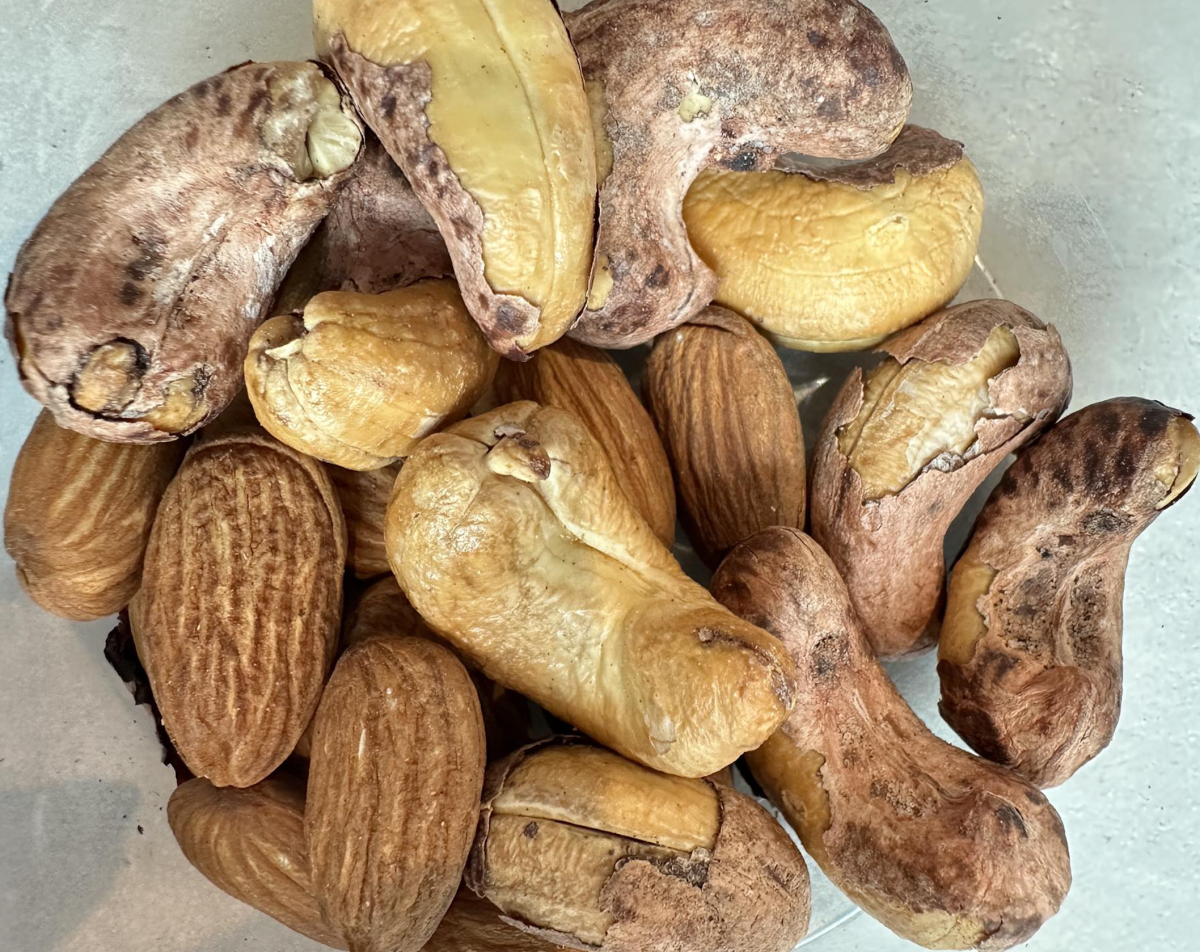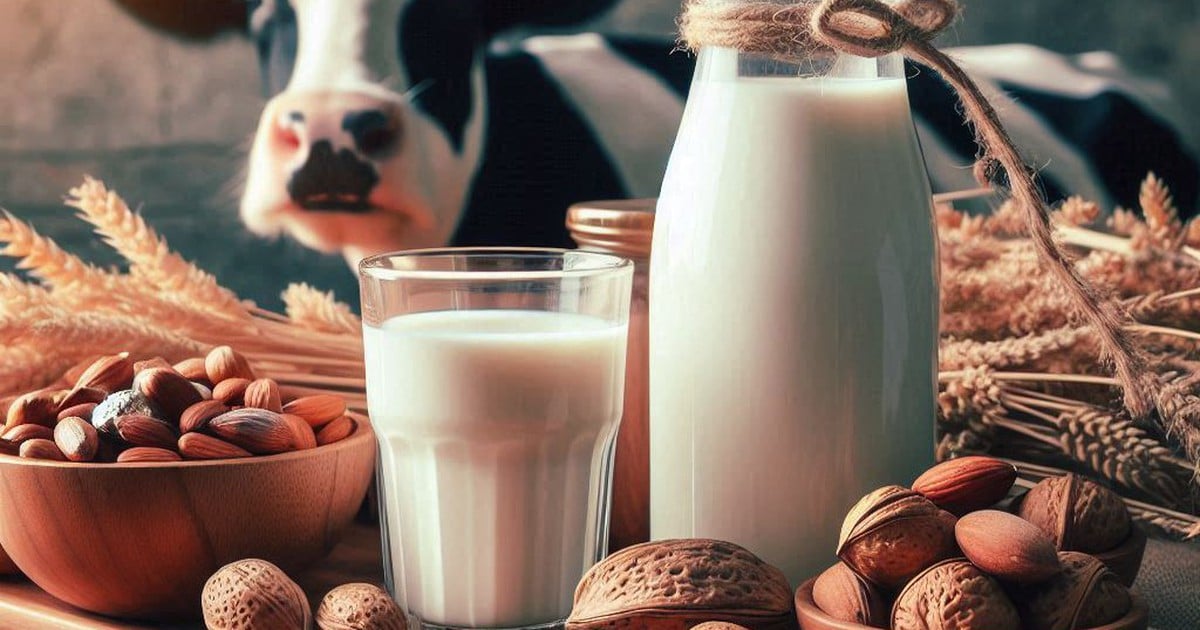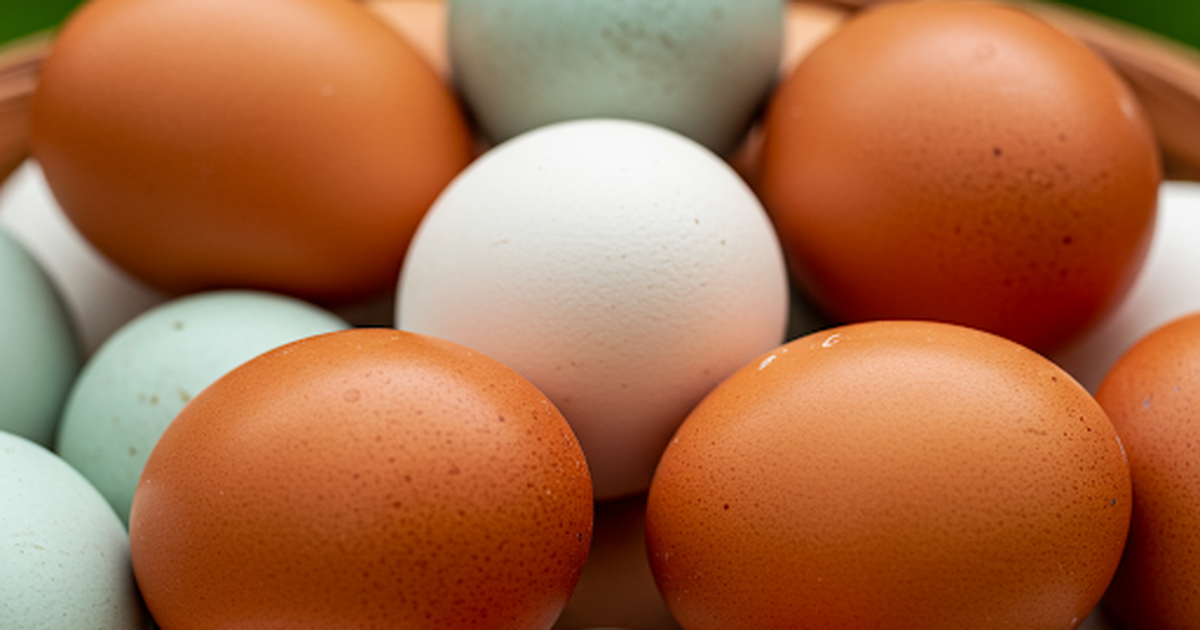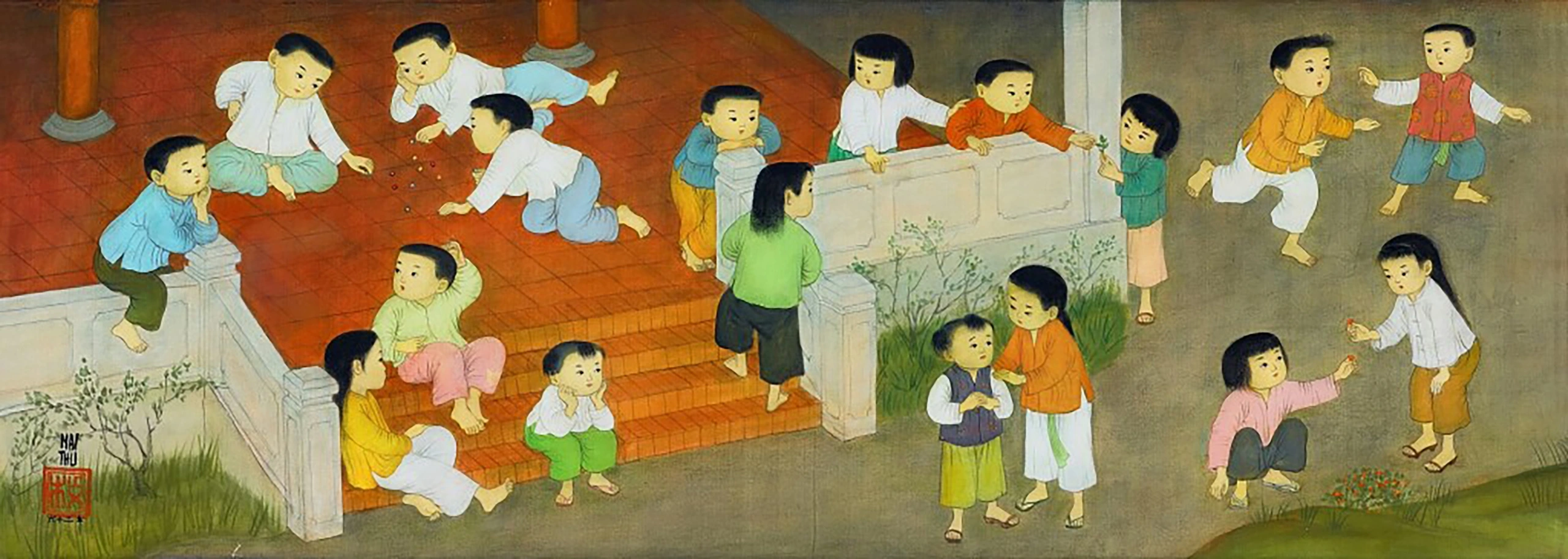
Almonds, chia seeds, sesame seeds, walnuts, and pistachios provide abundant calcium, which can help strengthen children's bones.
Calcium is an essential mineral for building strong bones, muscles and teeth. Supplementing this nutrient for young children is important because they are in the stage of bone and muscle development.
Calcium needs vary depending on stage of development and gender. Children 1-3 years old need about 700 mg of calcium per day, 4-8 years old need 1,000 mg and 9-18 years old need 1,300 mg. In addition to milk and dairy products, calcium is also abundant in some of the following nuts.
Almond
Almonds are rich in copper, manganese, calcium, a 28 g serving has about 76 mg of calcium. Almonds also contain many other important nutrients such as healthy fats, vitamin E to help brain development.
Chia seeds
A 100g serving of chia seeds contains up to 631 mg of calcium along with omega-3 fatty acids and fiber. Chia seeds are very good for strengthening bones, so they should be taken in the morning with water for easier absorption and better results. Young children can eat ground chia seeds or cook porridge to benefit digestion.
Sesame seeds
Sesame seeds are rich in calcium, about 989 mg per 100 g serving. Sprinkling sesame seeds on bread, salads, yogurt or in other dishes is easy to eat and helps children increase the amount of calcium in their bodies.
Hazelnut
Hazelnuts contain about 114 mg of calcium, and are a rich source of vitamins E, B1, and B6. Copper, manganese, folate, antioxidants, and phosphorus in hazelnuts are not only good for bones but also help lower blood cholesterol.
Cashew
Cashews are rich in protein, calcium, fiber, healthy fats, vitamins, minerals, and beneficial plant compounds. Cashews also help with weight loss, control blood sugar, and are good for heart health.
Pistachios
Pistachios are delicious and high in calcium, making them a healthy choice to help keep your baby’s bones strong. They also contain a lot of protein and antioxidants, so they should be fed to your child regularly.
Walnuts
Walnuts contain about 98 mg of calcium per 100 g. They are also rich in omega-3 fatty acids and other nutrients that are beneficial for overall health. The rich fiber and protein in walnuts aid in weight loss and reduce the risk of type 2 diabetes. To add more flavor, parents can feed their children walnuts with yogurt.
To help your baby absorb calcium better, parents should supplement their child with vitamin D. In addition to sunbathing outdoors in the morning, eating foods such as milk, cereals, fortified orange juice, beef, cheese, egg yolks... all provide vitamin D for the body.
Bao Bao (According to Times of India )
| Readers send questions about children's diseases here for doctors to answer |
Source link


![[Photo] Prime Minister Pham Minh Chinh receives Deputy Prime Minister of the Republic of Belarus Anatoly Sivak](https://vstatic.vietnam.vn/vietnam/resource/IMAGE/2025/4/2/79cdb685820a45868602e2fa576977a0)

![[Photo] Special relics at the Vietnam Military History Museum associated with the heroic April 30th](https://vstatic.vietnam.vn/vietnam/resource/IMAGE/2025/4/3/a49d65b17b804e398de42bc2caba8368)

![[Photo] Prime Minister Pham Minh Chinh receives CEO of Standard Chartered Group](https://vstatic.vietnam.vn/vietnam/resource/IMAGE/2025/4/2/125507ba412d4ebfb091fa7ddb936b3b)
![[Photo] Comrade Khamtay Siphandone - a leader who contributed to fostering Vietnam-Laos relations](https://vstatic.vietnam.vn/vietnam/resource/IMAGE/2025/4/3/3d83ed2d26e2426fabd41862661dfff2)







![[Video] Increasing responsibility and benefits when providing health insurance examination and treatment](https://vstatic.vietnam.vn/vietnam/resource/IMAGE/2025/4/3/c3e3c29e48d3425e8ea6a9c4c2b30640)

















































































Comment (0)